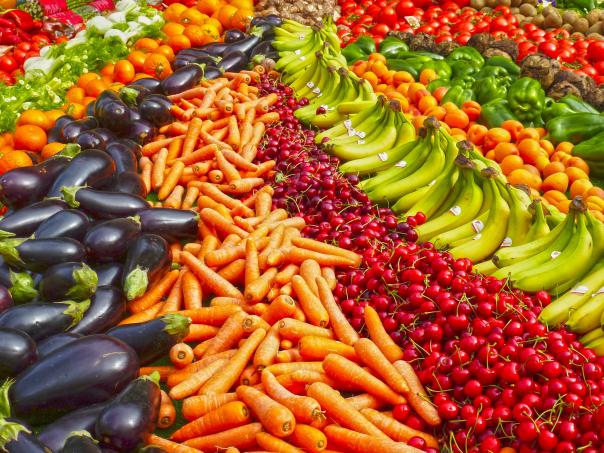
Dr Liz Dinnie, leading the research, says anecdotal evidence and social media suggest that more people are buying locally produced food, yet supermarkets and online retailers are experiencing record growth. It seems that our food-related habits have changed because of COVID-19, and in different ways.
She said this was why Hutton researchers and their colleagues across Europe had launched this large-scale study of the pandemic’s impact on how people relate to food, including food waste, at this time of crisis. Scientists are particularly interested in finding out if people are adopting more sustainable behaviours, and to see if these habits continue once the pandemic has passed.
The researchers have created a questionnaire open to anyone over the age of eighteen that can be accessed by visiting www.food-covid-19.org. The survey will be open until the end of June and the more widespread participation they get the better, so the team are calling on everyone who can to complete it and will report back on what they find.
Dr Dinnie added: “We are currently experiencing unprecedented circumstances where most people are forced to spend much more time at home. That also means many people eat more meals at home than before the lockdown. So far, we have no idea what consequences that has, for example in terms of how balanced the diets are, or how food systems in rural and urban areas might be affected. There are many contradictory trends, for instance a focus on healthy eating for strengthening the immune system, yet an increase in the sales of sweets, chocolate and snacks.
“With our research, we want to find out how food-related habits are changing in the population and what this means more widely, particularly in terms of food systems, sustainability and for tackling food poverty. We hope the results will give recommendations to decision-makers in the food sector and at policy level on how to respond to changes and make food systems fit for future food-related habits following the current pandemic. In Scotland this will include recommendations under the Good Food Nation Bill, which aims to put social justice and sustainability at the heart of Scotland’s food systems.”
Professor Colin Campbell, the Institute’s Chief Executive, commented: “Our food systems need to change if we are to change our trajectory on climate change. We also need a new relationship with food for the sake of our health. As the current pandemic has shown underlying health is critical to how we come through this, so we desperately need to know what people think and how they are changing if at all. It is only through understanding the changes taking place at this time that we can help to design food systems and value chains that are both socially just and environmentally sustainable.”
The survey can be accessed at www.food-covid-19.org